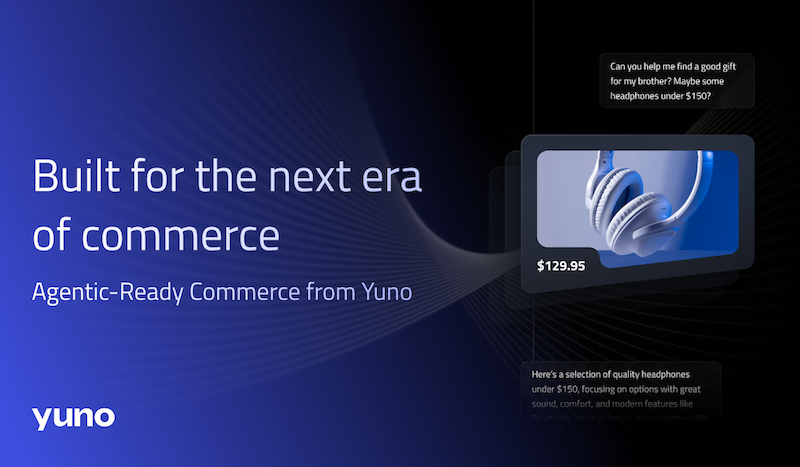What does PCI DSS mean?

Meaning Payment Card Industry Data Security Standard, PCI DSS is a cybersecurity standard. Backed by all the major credit card and payment processing companies, it aims to keep credit and debit card information safe.
By accessing credit and card data, anyone can make fraudulent purchases and drain money from user accounts. The PCI Security Standards Council was created by banks and credit card companies to ensure data remains secure.
All businesses that accept credit or debit cards must adhere to the 12 operational and technical PCI compliance requirements. Not only because it enhances customers trust towards a business, but also shields companies from potential fines due to negligence or violation of agreements.
12 PCI compliance requirements
These requirements encompass various aspects of information security and are designed to protect sensitive cardholder information from unauthorized access or misuse.

The ABC of compliance
Achieving compliance
Achieving compliance involves a systematic approach that begins with assessing the current security posture, identifying gaps, and implementing necessary controls to meet the requirements of PCI DSS.
- Assess: Begin by analyzing all business processes and IT assets to pinpoint any vulnerabilities that could potentially expose payment data.
- Gap Analysis: Next, identify discrepancies between current practices and PCI DSS compliance requirements. Prioritize these gaps to determine the order in which to address the requirements.
- Implementation: Work towards achieving compliance with PCI DSS standards, in the order you previously determined.
- Validation: Use methods like self-assessment questionnaires, external audits, or assessments conducted by Qualified Security Assessors (QSAs), to verify the correct implementation of the necessary changes.
- Document: Maintain comprehensive documentation of all remediation efforts, security controls implemented, and compliance activities undertaken throughout the process.
Maintaining compliance
Maintaining PCI DSS compliance is an ongoing commitment essential for safeguarding payment card data and upholding trust with customers. It involves regular monitoring, and adjustment of security measures to address evolving threats and changes in business operations.
To perform these activities, businesses can decide to build a team dedicated to PCI compliance. Such team should be conformed by individuals from the Security, Technology, Finance, and Legal departments. By dedicating resources to sustaining compliance, businesses can mitigate risks, prevent data breaches, and demonstrate their commitment to protecting sensitive cardholder information.
Partner for Compliance
Achieving and maintaining PCI DSS compliance is a full-time job that can consume a significant portion of your team's resources. To alleviate this burden, businesses can partner with Yuno. By leveraging our team of experts, you can minimize the risk of data breaches, avoid costly fines, and enhance customer trust. In other words, with the right partner, you can ensure PCI DSS compliance efficiently.
Book a demo to allow your team to concentrate on the core business operations while maintaining robust security measures, ultimately fostering a secure and compliant environment that supports business growth and resilience.












